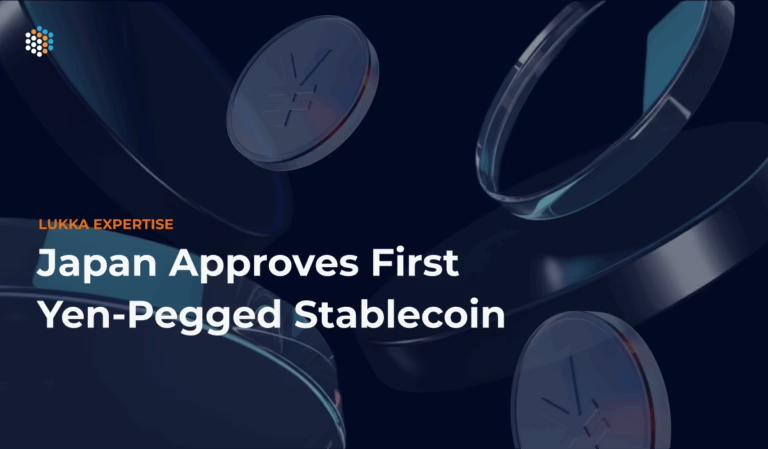Author: David J. Shakow, Professor Emeritus, University of Pennsylvania School of Law1
The discussion in this document reflect legal principles as of January 20, 2020.
Are mining pools partnerships for tax purposes? This question may seem odd to those unfamiliar with the tax law’s partnership rules. However, the tax law can treat a group of persons acting together as a partnership even if there is no formal partnership agreement in effect among the parties.
What considerations will help determine whether an entity like a mining pool is treated as a partnership? In the absence of formal partnership agreements among the parties, the IRS and the courts will usually look to three factors: are all parties making capital contributions, are they all sharing in profits, and are they sharing in losses. There is no bright line test in this area. Each factor is looked at, and a determination is made after evaluating the factors.
There are no formal contributions by those engaged in a mining pool. However, looking at the mining pool as an enterprise, the fact that each participant must pay for its computers (and probably the associated software) and is responsible for the electricity used by its computers, constitutes real contributions to the ongoing operation of the mining pool. If the mining pool is successful, the reward received will be divided among all the participants in the mining pool. And, each participant will have a loss to the extent its expenses exceed whatever portion of the rewards it receives. There is certainly a basis for treating the mining pool as a partnership. On the other hand, the participants could be viewed as, in effect, renting their equipment to the entity running the pool. While there is a force to this argument, the fact that the owner of the equipment receives distributions only when the mining pool is successful more easily supports a conclusion that there is a partnership.
The analysis is more difficult in a proof of stake context. The entity with which the participants’ stakes are shared will certainly have significant expenses, since it must keep its computers running and connected to the Internet at all times. However, the other participants need not keep their computers running. Indeed, once they acquire the relevant cryptocurrency or token, they need not have any computers operating at all. On the other hand, all the participants certainly are making capital contributions: that is the basis for their stakes. And they do share in the awards that the enterprise receives. Thus, although the factors are not as strong, there is a reasonable argument that a partnership has been created for tax purposes.
This can be good news, and it can be bad news. On the one hand, if there is a partnership, each participant can easily assert that it is engaged, through the partnership, in a trade or business. This eliminates the possibility that otherwise exists that the participants will have to recognize any income received but will be severely limited in the deductions they can take.
On the other hand, the existence of the partnership means that each partner is, to some extent, engaged in an activity wherever the partnership is located. Putting aside the rather difficult question of where such a partnership will be treated as located, this means that domestic participants may become subject to tax in a state other than the one they are located in, while foreign participants may suddenly find themselves subject to United States tax.
Further bad news is possible when the entity conducting the mining operation, for example, discovers that it must file an appropriate tax return. A partnership tax return must identify all the partners in the partnership. But the beauty of the blockchain structure is that it is easy for persons to hide their identities from others with whom they interact. That potential anonymity would have to be compromised if a correct partnership tax return is to be filed. The prospect that every mining pool, and every sharing of stakes in a proof of stake context, would not go forward without each participant revealing its true identity to the entity that is running the operation substantially changes the way these entities operate. Should the IRS ever pursue the partnership issue, the result could well be that entities like that tried very hard to take their operations out of the United States. On the other hand, any group that wishes to take advantage of partnership characterization in order to resolve the trade or business issue would have to go into the structure with eyes open, with everyone revealing their identity to the entity running the operation. Those participants that wish to retain their anonymity may find it useful to create “blocker” entities between themselves and the partnership. If the tax authorities are displeased with this result, they may push for having identities revealed by an expansion of the current FATCA rules.
1 The statements in this paper represent the views of the author only and should not be attributed to the University of Pennslvania School of Law. Further, this document should not be treated as legal advice to any reader or to Lukka.



